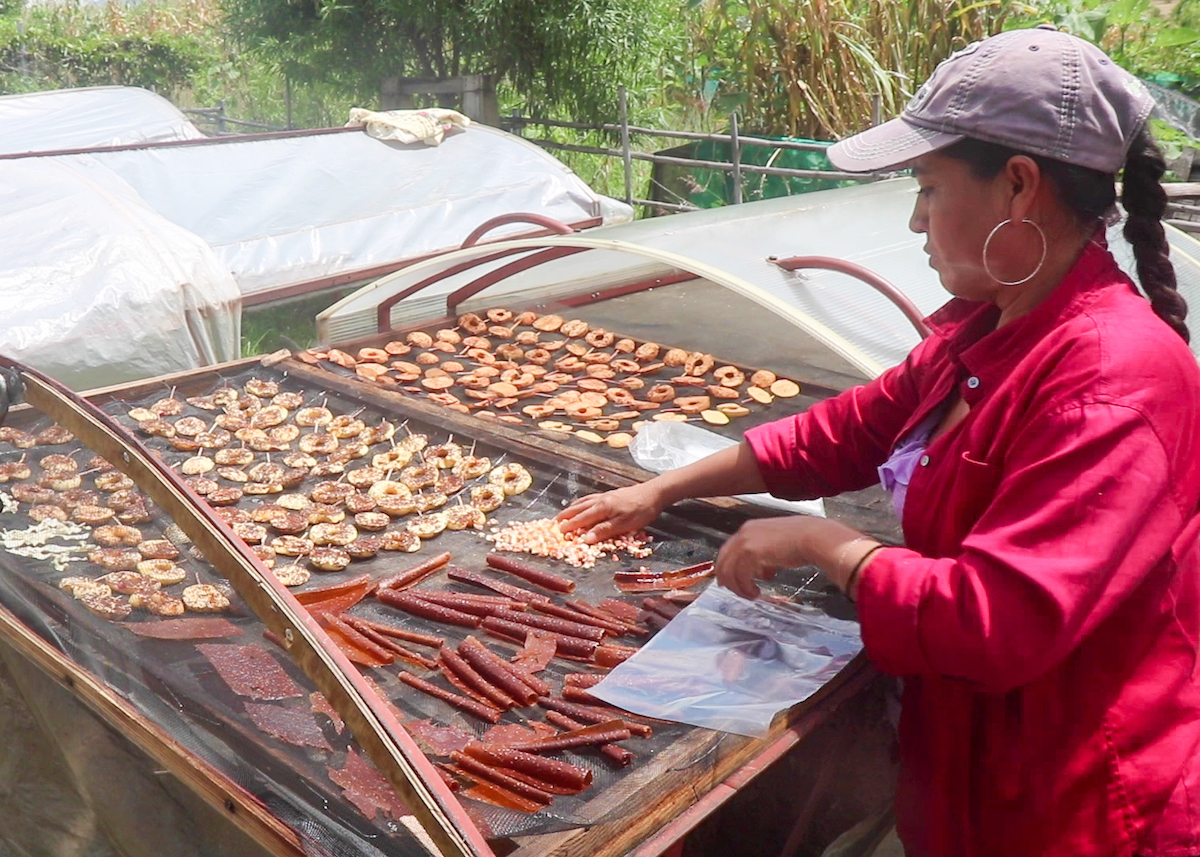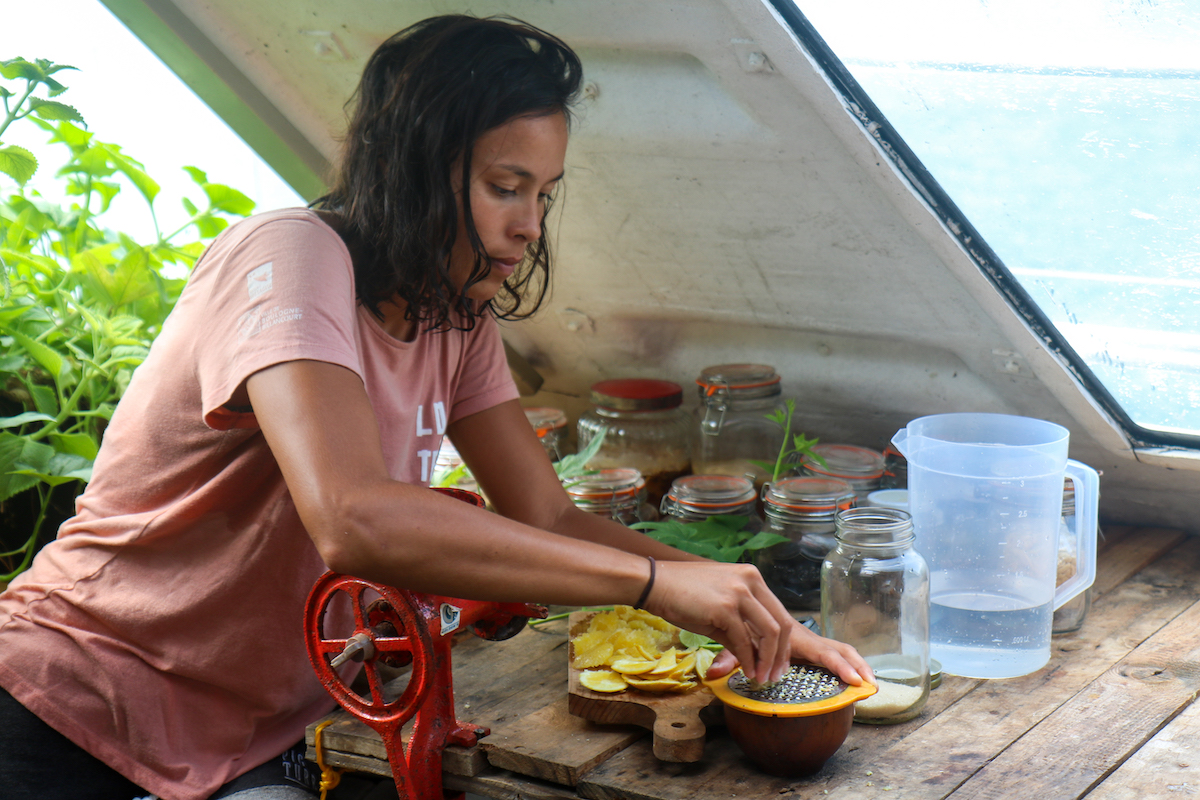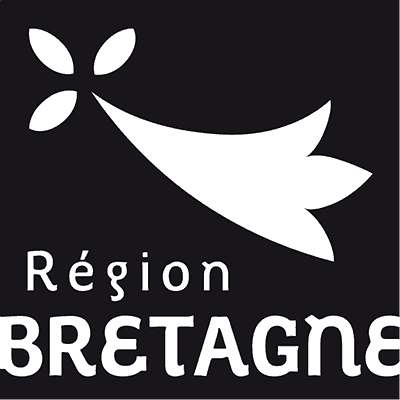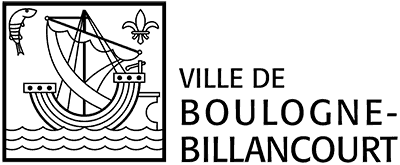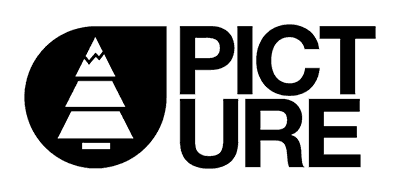[NOMADE DES MERS] Sun in the kitchen (again!)
Date of publication: December 9th, 2020
Writer: Guénolé Conrad
Localisation: Tlacochahuaya, Mexico
In the small Mexican village of Tlacochahuaya we meet Victoria, the founder of the La sazón del sol - Solar SuperFoods project.
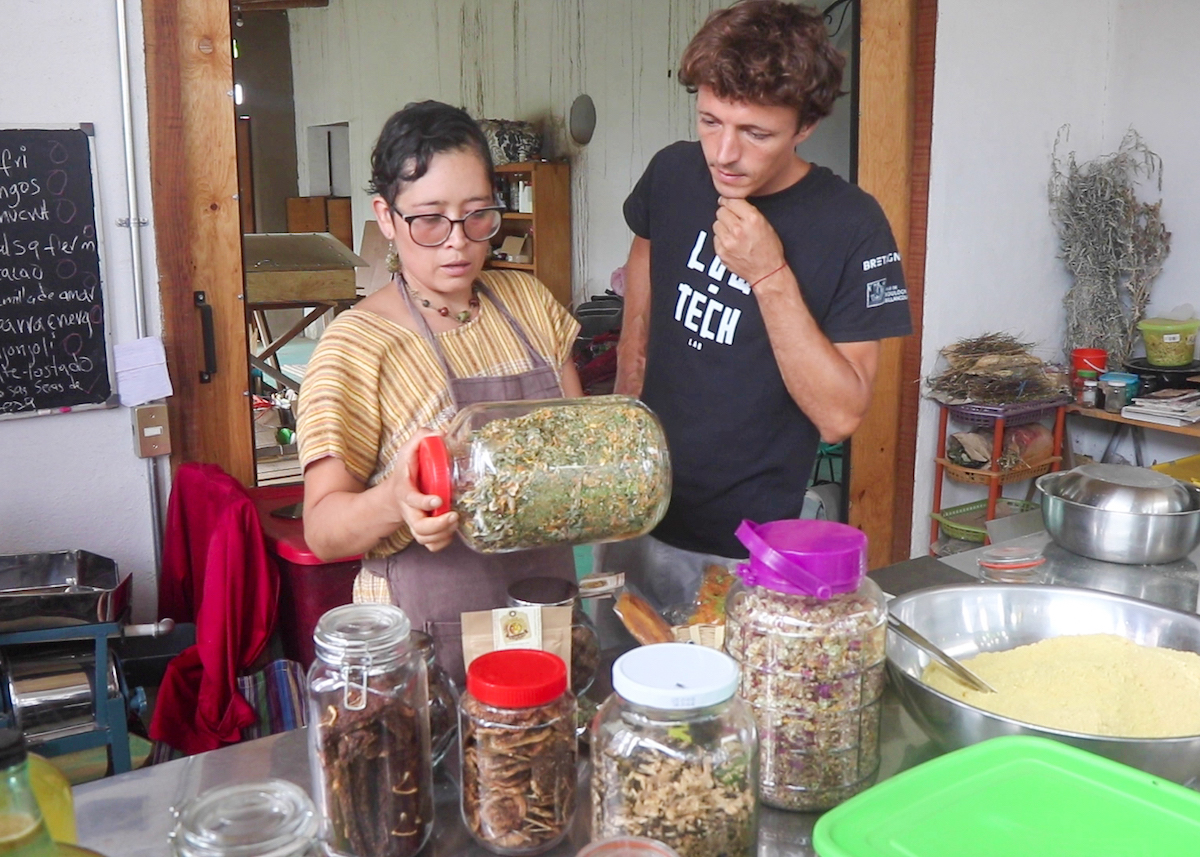
She is passionate about solar energy and cooking!
“I started by studying renewable energy and then during an internship in a permaculture center, I found my true path. In this farm, I met people with different knowledge, including a specialist in solar cooking. I had never heard of it and it caught my attention because cooking has been one of my great passions since childhood. I also discovered vegetarianism and conscious eating. That’s when I started to learn more about what I was eating”.
After several years of experimentation, she decided to launch her own project to transmit this knowledge. In a country with one of the highest obesity rates in the world, she is trying to show that reconciling health, economy and ecology is possible! All this while regaining her autonomy.
“We offer courses in solar cooking, fermentation, natural food preservation, natural medicine, construction of solar technologies, eco-construction! It is worth mentioning that we are a self-management project led by women in its majority. We get our resources from the products and services we develop! This is also an important dimension of the project that we wish to transmit to the women’s groups we work with. Solar cooking is also a means of emancipation”.
As soon as we enter her garden, we understand that we are arriving in a special place. Horses, dogs and chickens move quietly between the solar cookers, dehydration tunnels and concentrators. She introduces us to her HotPot. A particularly efficient solar cooker, made in Mexico and which has spread widely around the world thanks to the Solar Household Energy association. We adopted one on board the boat… And we don’t regret it!
Then we enter in astonishment in her kitchen which looks like a delicious laboratory of culinary creation: bubbling jars of ginger beer, jars of lactofermented vegetables, dehydrated fruits and spices powder. A real treat for the eyes, the taste buds…and the microbiota! Indeed, fermented food is transformed by micro-organisms: bacteria, yeasts, fungi… In addition to preventing their putrefaction, they improve it by allowing the development of vitamins (C, K, PP, B) and produce enzymes that facilitate digestion. This is why traditionally, ships used to embark quantities of sauerkraut to avoid scurvy to the crew in need of fresh products!
So you guess it, we couldn’t resist stealing a few recipes and testing these zero waste conservation techniques on board!
Try them, the tutorials are right here!
